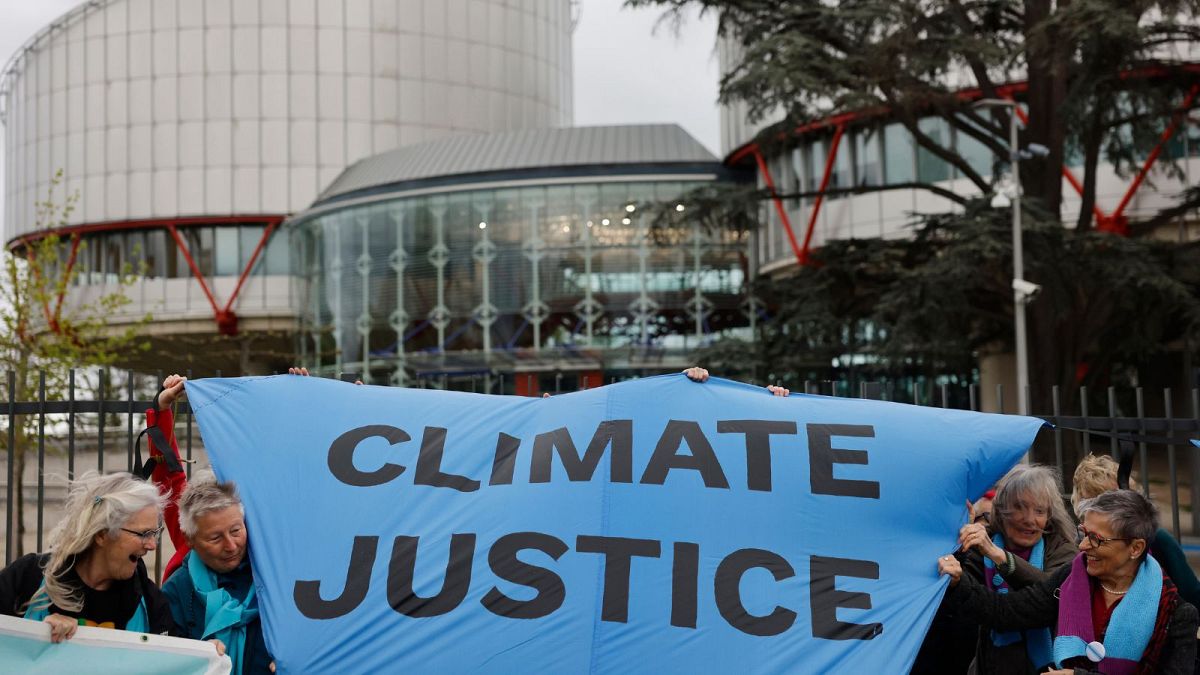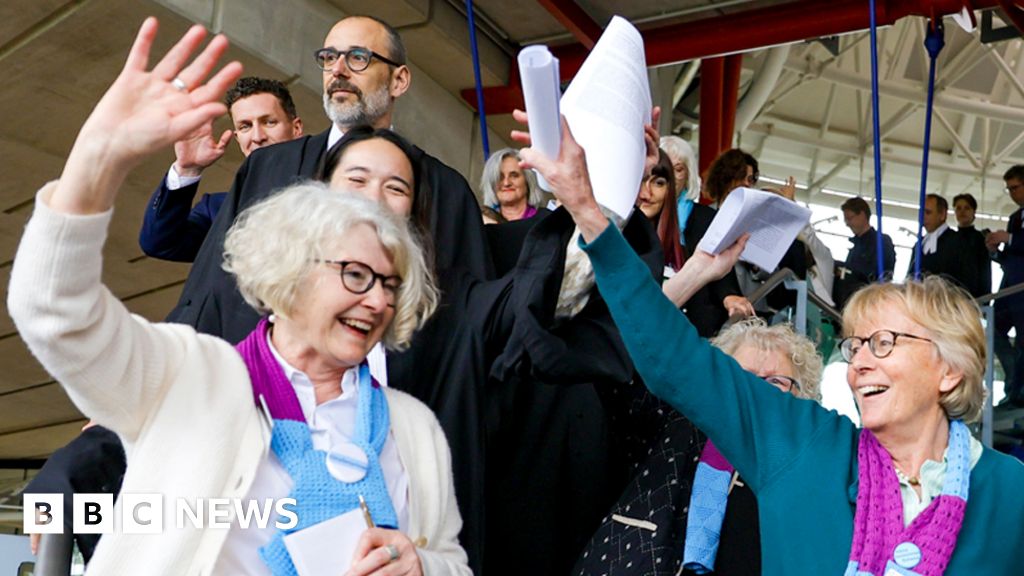The European Court of Human Rights (ECHR) has delivered a ruling, finding Switzerland in violation of its citizens’ human rights due to action on climate change. This ruling is the first time an international court has addressed the intersection of human rights and climate change.

Also Read: New Zealand Tightens Visa Rules in Response to Surging Migration
The case, known as KlimaSeniorinnen, was brought by a group of over 2,000 elderly Swiss women, primarily in their 70s.
They argued that Switzerland’s failure to sufficiently reduce greenhouse gas emissions exposed them to risks from climate-related disasters, particularly heatwaves.
The ECHR ruled that Switzerland’s actions amounted to a breach of the women’s rights to life, health, well-being, and quality of life, as outlined in the European Convention on Human Rights. The court ordered Switzerland to pay €80,000 to cover the group’s costs and expenses.
Experts believe the ECHR’s decision could has problems, not only for Switzerland but also for other European countries.
It shows a shift in legal discourse, affirming that governments can be held accountable for their contributions to climate change under human rights law.
The ruling has been met with celebration. While plaintiffs and activists welcome the court’s decision as a victory, government officials and legal experts are considering its implications.
Swiss authorities have pledged to analyze the judgment and reassess their climate policies. The European Court of Human Rights (ECHR) has ruled that Switzerland’s measures to combat climate change have violated the human rights of its citizens.
Also Read: Vatican Says No to Gender Change and Surrogacy in New Document
The case brought forward by over 2,000 Swiss women, in their 70s, addressing the vulnerability of older individuals to climate-related heatwaves and associated health risks.
Legal experts anticipate that national courts will closely scrutinize this ruling, providing momentum for similar cases seeking accountability for government inaction on climate change.
The court concluded that Switzerland’s failure to meet its climate targets and implement emissions reduction strategies constituted a breach of its citizens’ rights under the European Convention on Human Rights.
Despite dismissing two other climate-related lawsuits, the ECHR’s ruling against Switzerland underlines the judiciary’s role in addressing climate change as a fundamental human rights issue.
The decision was met with jubilation among climate activists, including Swedish campaigner Greta Thunberg, who addressed the importance of holding governments accountable through legal avenues.
Members of the Klima Seniorinnen group, who initiated the case, expressed relief and satisfaction with the outcome.
It sends a clear message to governments that their obligations to combat climate change are legally binding and essential for safeguarding human rights.
Also Read: Palestinians Relaunch Bid for Full Member of United Nations





















